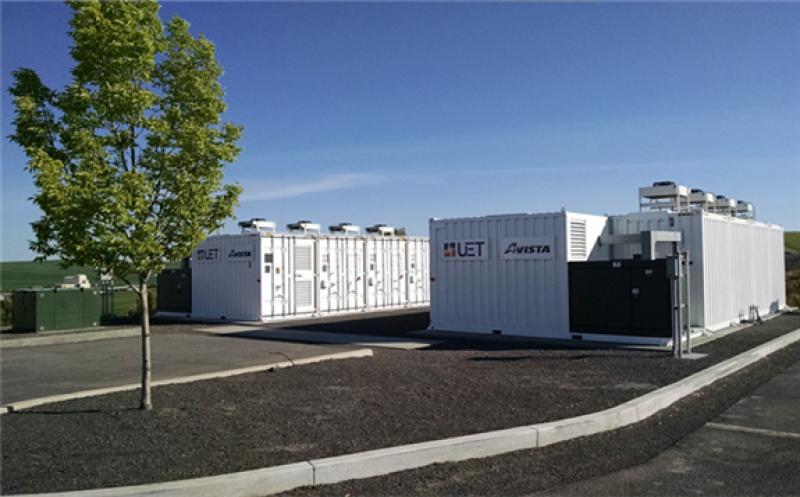The process, which presents the entire crystal structure of the battery as it operates, allows battery experts to observe and control the processes impacting battery life and performance.

The project is being conducted in collaboration between INMA, a joint institute between the University of Zaragoza and the Spanish National Research Council, along with global battery company Exide Technologies.
The partners will study the processes that govern recharge efficiency and battery electrode failure using a suite of neutron beamline experiments.
Through a specific focus on battery electrodes, which transfer energy to and from the electrolyte to power the polarised device they connect to, neutron diffraction will be used to study the batteries in operation across different duty cycles.
CBI director Alistair Davidson said: “The ability to probe battery electrodes in real-time, under typical energy storage duty cycles, will deliver vital insights into how to enhance performance and the overall lifetime of the battery.
“This information is a critical part of our advanced battery research programme, which aims to ensure advanced lead batteries continue to innovate to meet heightened demand for clean, renewable energy storage across the globe.”
Neutron diffraction would not only map the activity of the surface of the electrodes, but the entire electrode and electrolyte present in the battery. This depicts how battery electrodes are changing at the micro-level, something unique to lead battery research.
By describing the electrode phenomenon of battery lifetime, the research is unveiling new information on how to control the active material and maximise battery life in all applications for advanced lead batteries, a key goal for the CBI.
As the EU ups its efforts to become a world-leader in sustainable battery technologies and manufacturing, battery storage is establishing itself as one of the defining technologies to rapid carbon reduction.
In the meantime, CBI predicts that demand for clean battery technologies will grow to 20,000MWh by 2025.
This article is reproduced at www.power-technology.com